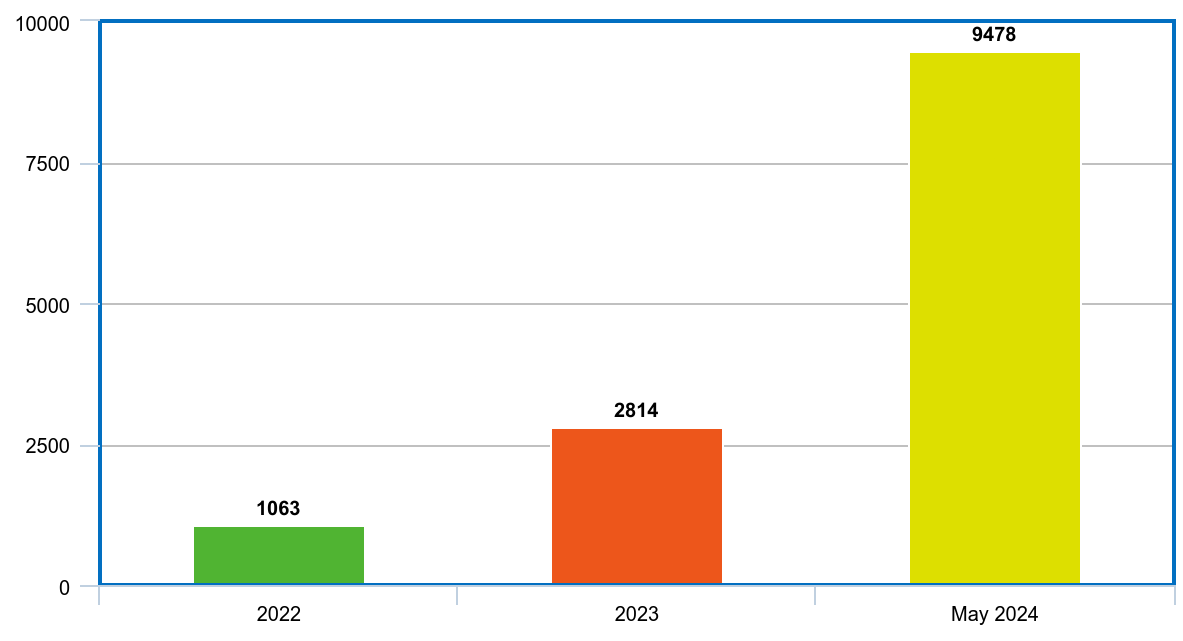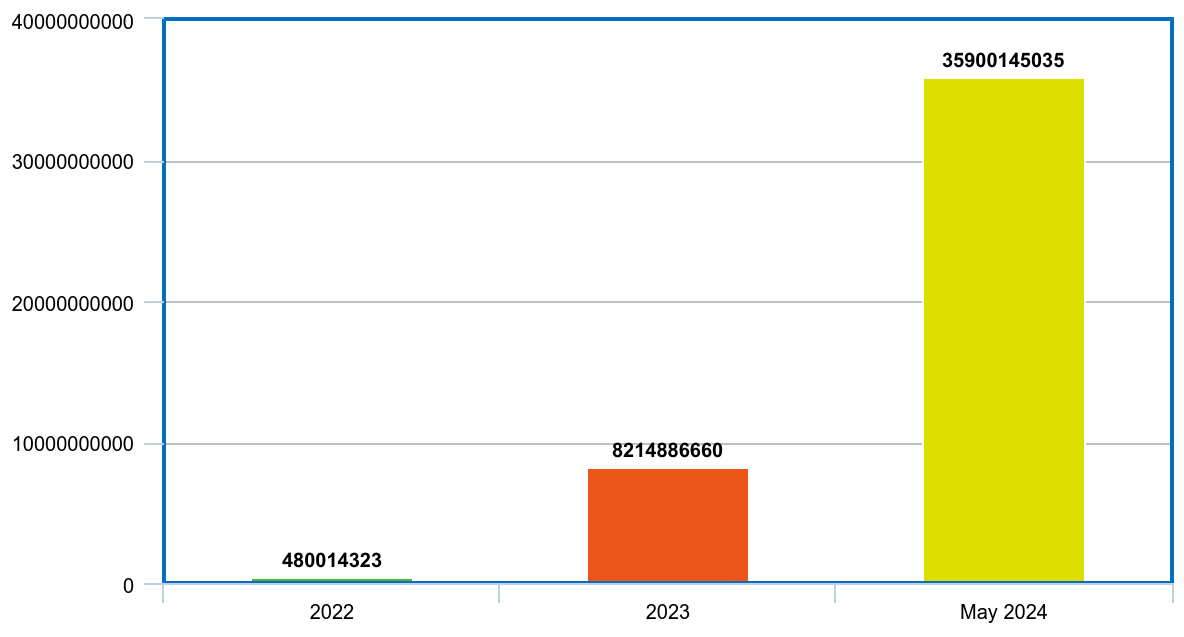This content originally appeared on HackerNoon and was authored by Maksim Balabash
\ When considering cybersecurity, two things often come to mind nowadays: news of someone being hacked and discussions on whether generated code is good or bad for our security posture. Here are just a few examples:
\

\ Indeed, generated code may contain vulnerabilities that could sneak in during the review process:
\



\ Even software engineers have been caught by malicious VSCode extensions. As stated in the research work:
- "1,283 extensions that include known malicious dependencies packaged in them with a combined total of 229 million installs"
- "8161 extensions that communicate with a hardcoded IP address from JS code"
- "1,452 extensions that run an unknown executable binary or DLL on the host machine"
\ Could new tools help improve the situation? If so, what kind of tools?
\ Let's digest the problems to establish the context in which they should operate. Some of them have existed for a long time, and some that have cropped up more recently:
- prioritizing short release cycles over quality and safety
- engineers often miss bugs in their own code due to bias and difficulty guessing unusual use cases
- fragmented knowledge of the code base among team members can result in contradictions, bugs, and vulnerabilities
- there are not enough engineers well versed in cybersecurity
- many security tools have not received proper adoption
- shortage of cybersecurity workers
- software supply chain risks are difficult to manage, and the scale of the problem is difficult to comprehend
- rising adoption of low-code/no-code solutions results in the generation of a large amount of code with unknown quality, which is hidden behind a higher level of abstraction
\ At the same time, I think that AI both accelerates and aggravates mentioned problems due to:
- it lowers the barrier to entry into development
- coding copilots accelerate code base growth
- models will continue to improve (not necessarily in terms of code quality and safety), resulting in broader adoption and even more generated code
\ I think new tools would be very helpful, if not necessary, for addressing these problems and driving improvement.
\ Considering all the above, let's establish a set of essential characteristics that new tools must have:
- they are development tools with security features
- they derive a functional description of the product from the code and provide a convenient UI/UX for working with this knowledge
- they find inconsistencies, bugs, and vulnerabilities
- they generate tests to prove found bugs and vulnerabilities
- they have a certain set of expert knowledge (for example, access to tons of write-ups on certain vulnerabilities, etc.)
- they suggest patches to fix problems in the code and functionality of the product
\ Just a few examples of such tools that have already started to emerge:
- LLM-guided fuzzers
- Next-gen IDEs
- Hackbots based on LLMs and vulnerabilities expertise
\ Frankly, I have no idea what these tools will look like. But I really hope we will have a wide range of tools with such functionality.
\ My idea is simple: code generated by programs or in collaboration with programs should be tested, hacked, and fixed by other programs.
\ Why? Well, because it is escalating quickly (data for 2022, 2023, up to May 2024).
\


\ It seems like we're reaching a point where the situation should start to change, and I am excited to see a world where code generated by programs gets hacked and patched by other programs.
\ Thanks for your attention!
👋
\ P.S. If you enjoyed this post, please consider connecting with me on X or LinkedIn.
This content originally appeared on HackerNoon and was authored by Maksim Balabash
Maksim Balabash | Sciencx (2024-06-20T20:12:28+00:00) What Will the Next-Gen of Security Tools Look Like?. Retrieved from https://www.scien.cx/2024/06/20/what-will-the-next-gen-of-security-tools-look-like/
Please log in to upload a file.
There are no updates yet.
Click the Upload button above to add an update.
